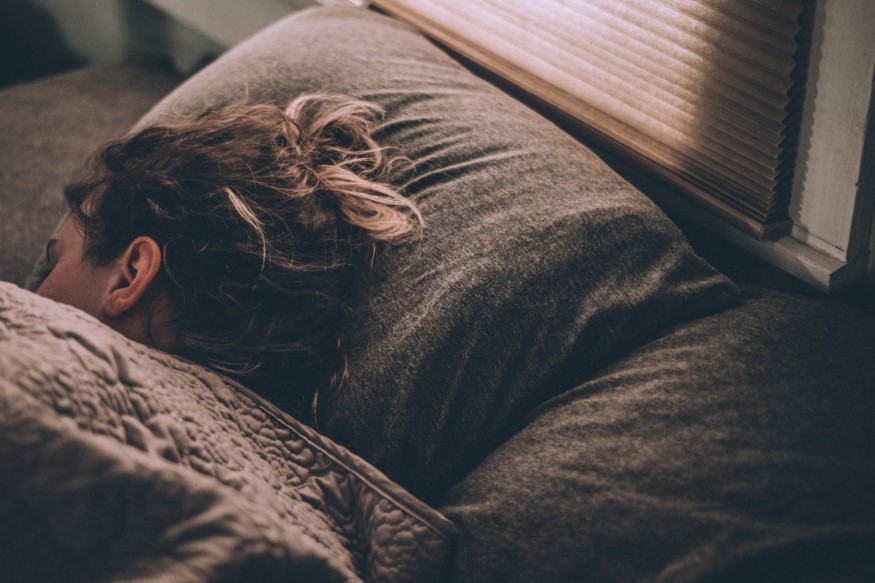
Sleep is crucial to health. However, sleep is one of the things that easily get compromised when things get busy.
Quality Sleep
During sleep, the body spends time to rebuild the muscles that were worn throughout the day. It also takes away toxins in the brain that buildup while awake. Sleep is also crucial for letting memories stay intact.
Sleep is also crucial to emotional regulation. In fact, research shows that a night's worth of sleep deprivation can increase responses to negative feelings by 60%. Other essential functions, including metabolism and appetite control, are also affected by sleep deprivation.
The body's internal clock or circadian rhythm is also widely affected by sleep. With a roughly 24-hour schedule, this biological clock works to manage the sleep-wake cycle. It could also affect stress response, metabolism, and inflammation.
This clock can be influenced by insufficient sleep, odd sleep timing, and bright light-at-night exposure. This, in turn, could also affect the processes regulated by this clock.
ALSO READ : Can Humans Survive Without Sleep? Here's What Happens to Those Who Always Stay Awake Past Their Bedtime
Advised Number of Sleep Hours Depends on Various Factors
When it comes to the recommended number of sleep hours, there are various factors that determine the exact advised number. For one, the required nightly sleep largely depends on one's age.
Newborn babies are advised to sleep for 14 to 17 hours, while infants should spend 12 to 15 hours sleeping, including their nap times. Toddlers may take 11 to 14 hours of sleep and for preschoolers, the number goes down to 10 to 13 hours. School children should spend 9 to 11 hours sleeping.
For adolescents, the recommended number of sleeping hours is 8 to 10. Adults should have 7 to 9 hours of sleep, while older adults must have 7 to 8 hours of sleeping time.
There are also other factors that affect the need for more or less sleep. These include genetic makeup and sleep quality.
How to Have Better Sleep
Given the importance of quality sleep, it is crucial to ensure that each nightly sleep is a good one. To improve sleep, there are some things that can be done.
For one, it is generally recommended to have a regular and consistent sleep schedule. The inner clock is better regulated when one goes to bet at the same time every night. An irregular sleeping schedule has been associated with poor sleep duration and quality.
Having a bedtime routine that calms you down is also advised. This bedtime routine should be relaxing in order to stimulate a sleeping mood. This could include listening to music, which has been found to enhance sleep.
Decreased electronic use may also enhance sleep, as excessive electronic and phone use have been linked to poor sleep quality. Even bright light exposure prior to bedtime could affect sleep.
Alcohol, caffeine, and nicotine intake or consumption could also affect the quality of sleep. Hence, it is advised to minimize this. Studies have shown that these three are linked to poorer sleep quality. Caffeine, specifically, should be avoided in the evening or afternoon.
Check out more news and information on Medicine & Health on Science Times.












